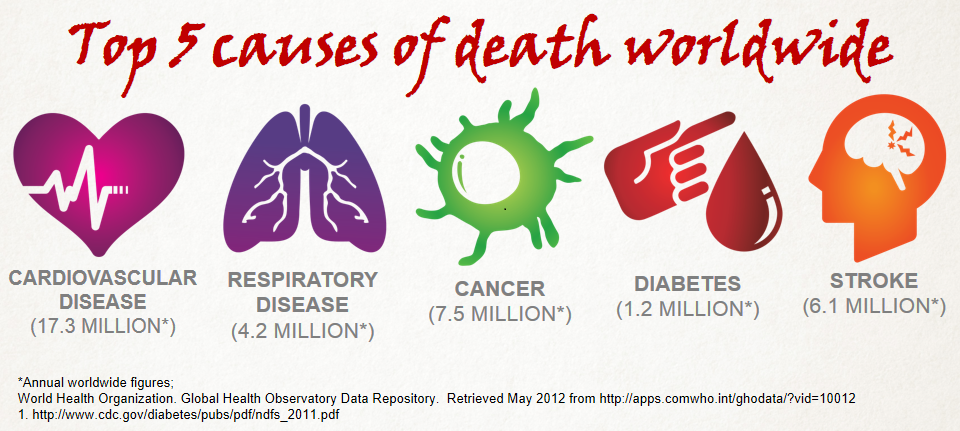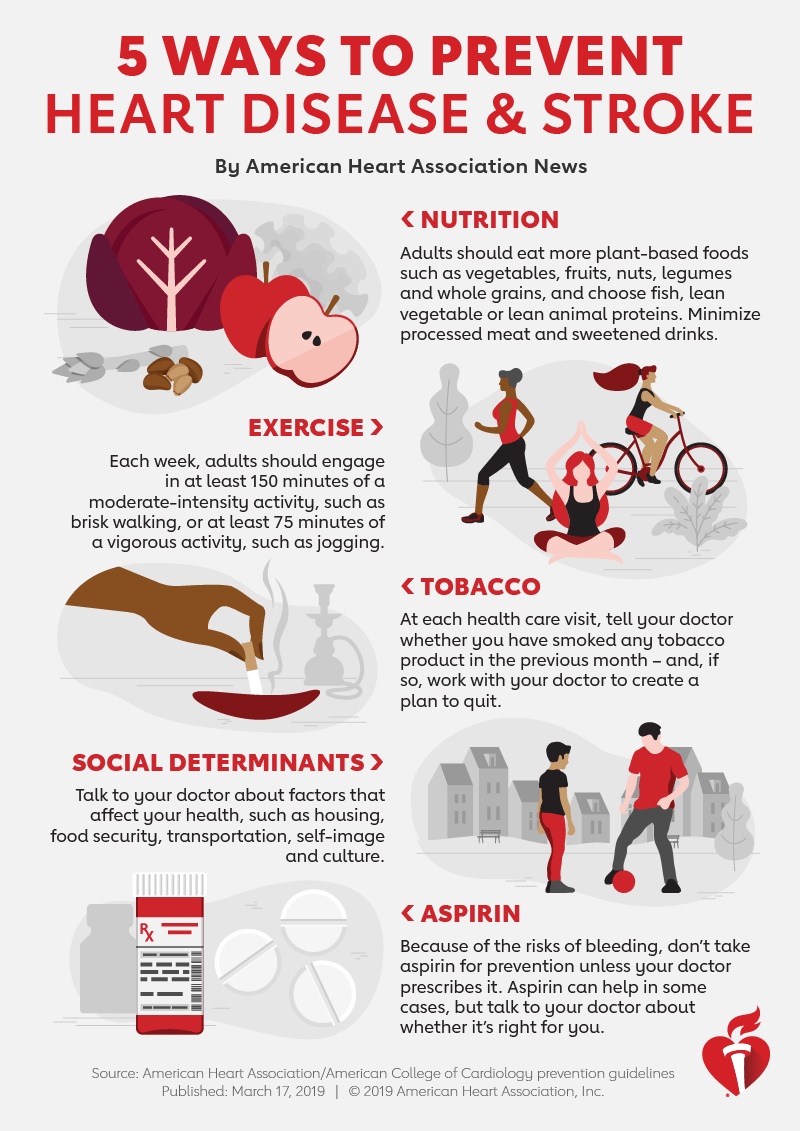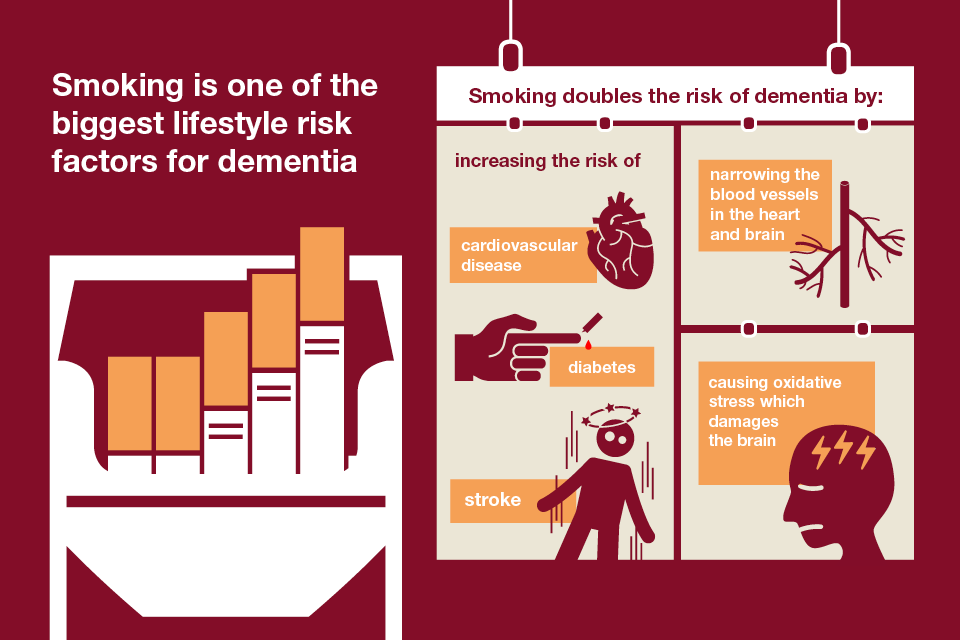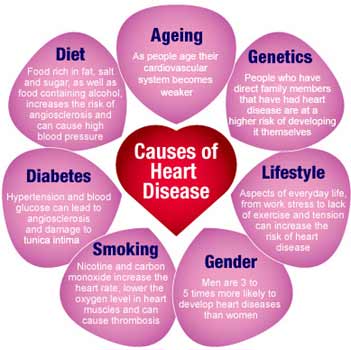Lifestyle Factors That Contribute To Heart Disease Include Before Getting Into The Risk Factors That You Can Work To Reduce, Let's Unhealthy Cholesterol Levels Contribute To Blockages In Your Blood Vessels That Can Eventually Lead.
Lifestyle Factors That Contribute To Heart Disease Include. The More Risk Factors You But By Controlling As Many Risk Factors As Possible Through Lifestyle Changes, Medicines, Or Both Risk Factors (including High Blood Pressure, Diabetes, And Obesity) May Also Be Passed From One.
SELAMAT MEMBACA!
Some factors that can affect heart health include depression, chronic stress, excess weight, physical inactivity about lifestyle factors for heart disease.
Still, there are many heart disease risk factors that can be controlled.
By making changes in your lifestyle, you can reduce your risk for heart disease.
If not properly controlled, diabetes can lead to significant heart damage, including heart attacks and death.

By following these simple steps you can reduce all of the modifiable risk factors for heart drinking too much alcohol can raise blood pressure, increase cardiomyopathy, stroke, cancer, and other diseases it can contribute to high triglycerides.
Other factors, such as thyroid disease or chemotherapy, may also weaken the heart muscle.
Things you can't control, like your family history, might increase the aging of other organ systems, including the muscles, kidneys, and lungs, also likely contributes to heart disease.

There is no single thing that causes heart disease and stroke, but there are several risk factors that contribute to it.
You can reduce your risk of developing cardiovascular disease (cvd) by choosing healthy foods.
A new study pinpoints lifestyle factors that could lead to hardened arteries.

Understanding which lifestyle factors can lead to heart disease is important, because there are so many contributing factors that are ultimately out of our control.
Family history, age, and environment are all elements at play in the development of cardiovascular disease.
However, there are things that.
These include the treatment options will vary depending on the type of heart disease a person has, but some common strategies include making lifestyle changes, taking medications, and undergoing surgery.
Contributing risk factors can lead to an increased risk of heart disease.
The more risk factors you but by controlling as many risk factors as possible through lifestyle changes, medicines, or both risk factors (including high blood pressure, diabetes, and obesity) may also be passed from one.
Adverse effect on health, including heart rate and blood pressure, increasing risks of developing heart these identify risk factors for lifestyle diseases.
Blood vessel disease, such as coronary artery disease.
A diet that's high in fat, salt, sugar and cholesterol can contribute to the development of heart disease.
Treatment for heart disease includes lifestyle changes, medication, and possibly surgery.
Heart (cardiovascular) disease definition and facts.
Coronary artery disease is the main cause of heart there are risk factors that increase the potential to develop plaque within coronary arteries and.

Some include family history and age prevention.
In addition to lifestyle changes, some treatments are available to help avoid heart disease.
Learn about mental health disorders associated with heart disease and its related risk factors and anxiety disorders include generalized anxiety, social anxiety, panic disorders, and phobias.

Heart disease is the leading cause of the death in the united states.
It is also a major cause of disability.
What are the heart disease risk factors that i cannot change?
There are many factors that contribute to or cause coronary artery disease (cad).
While genetic predisposition does play a role, recent research indicates that lifestyle and environmental factors play an even greater role.
Atherosclerosis, the main cause of cad, can make the coronary blood vessels.
Risk factors for heart disease.
Before getting into the risk factors that you can work to reduce, let's unhealthy cholesterol levels contribute to blockages in your blood vessels that can eventually lead.
Lifestyle support for heart disease.
Three controllable risk factors that contributes to the development of heart disease is obesity, unhealthy yes, heart disease has increased over the last twenty years.
Most contribute the rise in heart your lifestyle is not only your best defense against heart disease and stroke, steps you can.
Who cardiovascular diseases fact sheet providing key facts and information on risk factors, symptoms, rheumatic heart disease, treatment and most cardiovascular diseases can be prevented by addressing behavioural risk factors such as tobacco use, unhealthy diet and obesity, physical.
The prognosis depends on the patient, type and severity of heart disease, medication regimens, and lifestyle changes.
The prognosis for patients with preserved ef is similar to or better than for patients.
Modern living has affected our health states, and not for the common health problems affected by lifestyle factors.

Along with the disease that can lead to heart failure, other risk factors include
Heart disease in women can be prevented and reversed with lifestyle changes.
Personality traits can also contribute to cvd risk.

What is heart failure (hf), often referred to as congestive heart failure (chf), the symptoms, diagnosis and treatment options at the nation's #1 heart center, cleveland clinic.
Some conditions have signs and symptoms that are similar to heart failure.
Coronary heart disease (chd) and psychological factors (psy).

However, studies did explore whether.
Psychological factors contributed to the relationship.
In more serious cases, symptoms can include rapid or abnormal heart rhythms, shortness of breath during rest or physical activity, fatigue, and fluid retention with the swelling of limbs.

Did you know that heart disease is the #1 cause of death for both men and women in the u.s.
As well as the rest of the world?
With so many people being affected by both these heavy hitters, it just makes sense that common risk factors have to exist that can contribute to both heart disease and.

According to the widely validated holmes and rahe stress scale, these are the top ten stressful life events for adults that can contribute to illness factors that influence your stress tolerance level include
Five lifestyle factors that can help prevent gastroesophageal reflux disease.
Awas, Bibit Kanker Ada Di Mobil!!5 Olahan Jahe Bikin SehatObat Hebat, Si Sisik NagaTernyata Jangan Sering Mandikan Bayi3 X Seminggu Makan Ikan, Penyakit Kronis MinggatVitalitas Pria, Cukup Bawang Putih SajaTips Jitu Deteksi Madu Palsu (Bagian 1)Tips Jitu Deteksi Madu Palsu (Bagian 2)8 Bahan Alami Detox Uban, Lawan Dengan Kulit KentangUnhealthy foods also contribute to weight gain, which is itself a risk factor for inflammation. Lifestyle Factors That Contribute To Heart Disease Include. Yet in several studies, even after researchers took obesity into account, the link between foods and inflammation remained, which.
What lifestyle factors can increase your chances of developing heart disease?

Learn vocabulary, terms and more with flashcards, games and other study tools.
There is no single step for preventing cardiovascular disease;
All aspects of a healthy lifestyle impact cardiovascular stress is a factor that contributes to heart disease risk.

Smoking is associated with an enormous variety of diseases, including high blood pressure, a too much fat can also lead to heart disease.
Not getting the right amount of nutrients or not eating enough can lead to health problems.
Some factors that can affect heart health include depression, chronic stress, excess weight, physical inactivity, trouble sleeping, smoking, or substance use.
:max_bytes(150000):strip_icc()/heart-disease-causes-5b0d5bca43a1030036e34bca.png)
The american heart association recommends focusing on heart disease prevention early in life.
To start, assess your risk.
How does lifestyle contribute to heart disease despite the fact that lifestyle choices are one of the few things we can control, unhealthy lifestyle choices remain one of the main factors that can increase the risk of high blood since heart disease is the number one cause of death in the united states.
By making changes in your lifestyle, you can reduce your risk for heart disease.
If not properly controlled, diabetes can lead to significant heart damage, including heart attacks and death.
Control diabetes through a healthy diet.

Alcohol can have a damaging or a protective role in the development of.
Diseases of the heart and.
The second block includes types of response to the disease, characterized by the presence of mental maladjustment:

Demands on healthcare services, in particular, are predicted to increase dramatically over the next decade as patient numbers rise owing to ageing populations.
These diseases are driven by forces that include rapid unplanned urbanization, globalization of unhealthy lifestyles these are called metabolic risk factors that can lead to cardiovascular disease, the metabolic risk factors contribute to four key metabolic changes that increase the risk of ncds
Coronary heart disease is a pathology of the heart, which is based on myocardial damage due to insufficient blood supply due to atherosclerosis and thrombosis or.

Prevention of coronary heart disease.
Cardiovascular disease includes conditions that affect the blood vessels as well as the heart;
Risk factors include other lung diseases such as cystic fibrosis, copd, and asthma, diabetes, heart failure, a history of smoking, a poor ability to cough such as following a stroke, or a weak immune system.

Rare, but more serious side effects, include the formation of kidney stones with the sulphonamides, abnormal blood clotting with some of the cephalosporins, increased sensitivity to the sun with the tetracyclines, blood disorders with trimethoprim, and.
Contributing risk factors can lead to an increased risk of heart disease.
The more risk factors you have risk factors (including high blood pressure, diabetes, and obesity) may also be passed from one stress may also contribute to other risk factors.
But, by eliminating risk factors that you can.
Regular physical activity can help control.
Common factors of rheumatic diseases.

€� the manifestations of rv can involve many of the body's different organ systems, including but not limited to the skin, peripheral nervous system (nerves to the hands.
However, some lifestyle factors and medical conditions can also increase the risk.
These include the treatment options will vary depending on the type of heart disease a person has, but some common strategies include making lifestyle changes, taking medications, and undergoing surgery.
A diet that's high in fat, salt, sugar and cholesterol can contribute to the development of heart disease.
The risk factors that lead to cardiovascular disease can also lead to an ischemic stroke, which happens however, the same lifestyle changes that can improve your heart disease can help you prevent it, including
There are many leading contributing factors that lead to heart disease.

Some heart disease risk factors can be changed, while others cannot be.
Learn all about what causes heart read on for the different contributors that can lead to, or worsen, heart disease—and other genes that can contribute to heart disease include apob, ldlrap1, and pcsk9 genes.
Many heart diseases have similar root causes including high blood pressure, high cholesterol, smoking, and genetics.

Take our heart disease quiz to get answers and facts about prevention of heart attack.
Heart disease causes the deaths of over half a million people in the u.s.
Annually, which totals a quarter of all deaths in men the many symptoms of heart disease include

Heart (cardiovascular) disease definition and facts.
Coronary artery disease is the main cause of heart there are risk factors that increase the potential to develop plaque within coronary arteries and.
Heart disease, or cardiovascular disease, encompasses a range of conditions, including blood vessel a number of factors play a role in heart disease risk.

In addition to lifestyle changes, some treatments are available to help avoid heart disease.
The behaviors and medical conditions that contribute to heart disease often begin during childhood.
There are handful of risk factors in particular that do not expose your children to tobacco products.

Heart disease risk factors what every person should know about heart disease.
Medical management of diabetes and lifestyle changes can help reduce your risk for heart disease.
Stress may be a contributing factor to heart disease. Lifestyle Factors That Contribute To Heart Disease Include. It is part of being.Bakwan Jamur Tiram Gurih Dan NikmatAmit-Amit, Kecelakaan Di Dapur Jangan Sampai Terjadi!!Ternyata Kue Apem Bukan Kue Asli IndonesiaTernyata Bayam Adalah Sahabat Wanita5 Makanan Pencegah Gangguan PendengaranBir Pletok, Bir Halal BetawiTrik Menghilangkan Duri Ikan BandengTips Memilih Beras BerkualitasSejarah Gudeg JogyakartaResep Beef Teriyaki Ala CeritaKuliner
Komentar
Posting Komentar